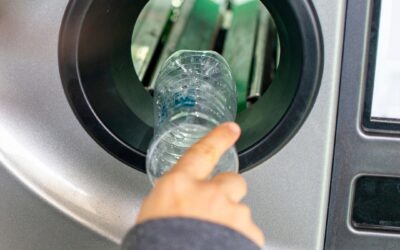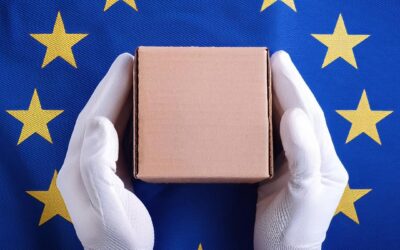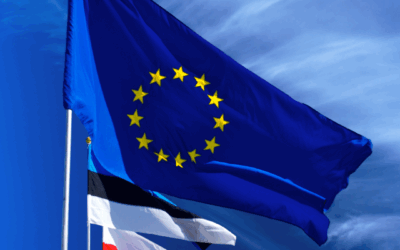EUDR regulation: Start of EU deforestation regulation postponed

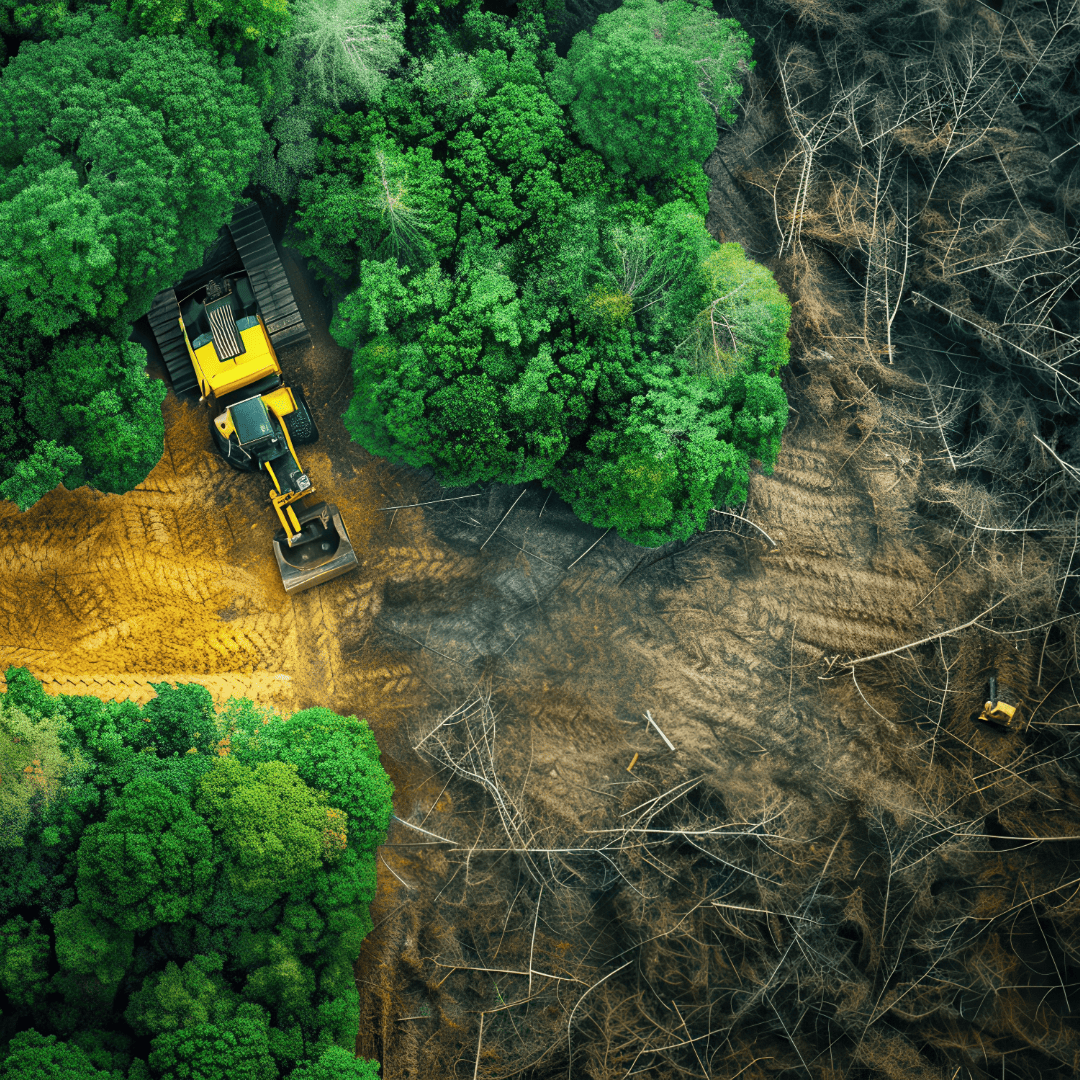
The EU Deforestation Regulation (EU-Verordnung Nr. 1115/ 2023) was originally set to officially begin on December 30, 2024 – but its implementation has now been delayed by 12 months just before its start. The delay is due to, among other things, delays in preparations by the European Commission itself. For affected companies, this new date brings some relief and provides more time to prepare. Let’s take a closer look at why preparing for the EUDR regulation is so important and what the delay means.
What is the EUDR regulation?
The EUDR aims to prevent deforestation-promoting products from entering the EU. Companies must prove that their supply chains are deforestation-free.
The goal of the EUDR law
The goal of the EU Deforestation Regulation is to reduce the EU’s contribution to global deforestation and forest degradation. It primarily affects global supply chains, especially forests in countries outside the EU, such as in South America or Asia. Less deforestation is intended to ensure better environmental protection and contribute to the restoration of forests worldwide. Forest protection also means protecting biodiversity, including both plant and animal life. Additionally, the regulation aims to prevent the illegal displacement of local and indigenous populations.
Which raw materials and products are affected by the EUDR?
The EU Deforestation Regulation applies to a list of raw materials: palm oil, soya, wood, cocoa, coffee, cattle (meat, not milk), and rubber. Not only raw materials but also products made from them are subject to the EUDR. Examples include chocolate, wooden furniture, and paper. The quantity or value of the raw materials and products does not matter.
The list is not fixed and will be expanded in the future to include other raw materials.

A key note often missing in overview articles: Regardless of whether a product is manufactured in the EU or elsewhere in the world – the rules apply to all! If the product is made from palm oil, soya, wood, cocoa, coffee, cattle, or rubber, the EUDR applies.
Example: If a company in the EU produces chocolate, it must comply with the regulations, even if the cocoa powder was purchased in the EU and due diligence has already been completed.
Requirements of the EUDR
All mentioned products and raw materials must, when traded on the European market, according to the EUDR regulation:
- Be deforestation-free
- Be produced in accordance with the laws of the producing country
- A due diligence statement must have been submitted for them.
What does deforestation-free mean?
Raw materials and products are considered deforestation-free if they meet two basic principles:
- The production did not cause the conversion of forested areas into agricultural land (after December 31, 2020) – whether legal or illegal in the producing country.
- The harvesting process does not damage the forest ecosystem – sustainable harvesting practices have been used.
Which legal requirements must be met in the producing country?
In addition to EU requirements, the legal regulations of the producing country must be followed. These involve environmental protection laws and human and workers’ rights.
Examples include regulations in areas such as:
- Conservation of biodiversity
- Occupational health and safety
- Trade law
- Anti-corruption
- Land use rights
- Rights of indigenous peoples
What is the EUDR due diligence statement?
The due diligence statement is a mandatory document for selected companies, which must be created before selling in the EU. The statement assesses risks and proves that the requirements of the deforestation regulation have been met.
The EUDR and the due diligence statement
The EUDR regulation affects a wide range of companies, including not only large corporations but also smaller traders and producers. All must meet due diligence obligations, but:
- Large and medium-sized companies must be particularly thorough: They have comprehensive due diligence obligations, which require a due diligence statement!
- Small and micro enterprises (SMEs) face slightly less bureaucracy: They only need to store and provide selected information upon request. A due diligence statement is not necessary!
Country benchmark as a basis for evaluation
As a basis for the due diligence statement, the EU Commission will present a benchmark by mid-2025 to assess the deforestation risk for individual countries. The benchmark will classify countries into three risk levels: low, standard, and high.
If no evaluation is available, a standard risk level applies. For countries with high deforestation risk, stricter risk analyses and controls are planned.
Three-step due diligence process for large and medium-sized companies
Large and medium-sized companies fulfill their obligations through a three-step due diligence process: collecting information (e.g., geolocation data, supply chain information), assessing risks (based on the country benchmark), and minimizing them if necessary.
The result, the due diligence statement, is submitted through the digital EU information system TRACES. Once the due diligence process is completed and reported, products and goods with no or negligible deforestation risk may be sold in the EU.
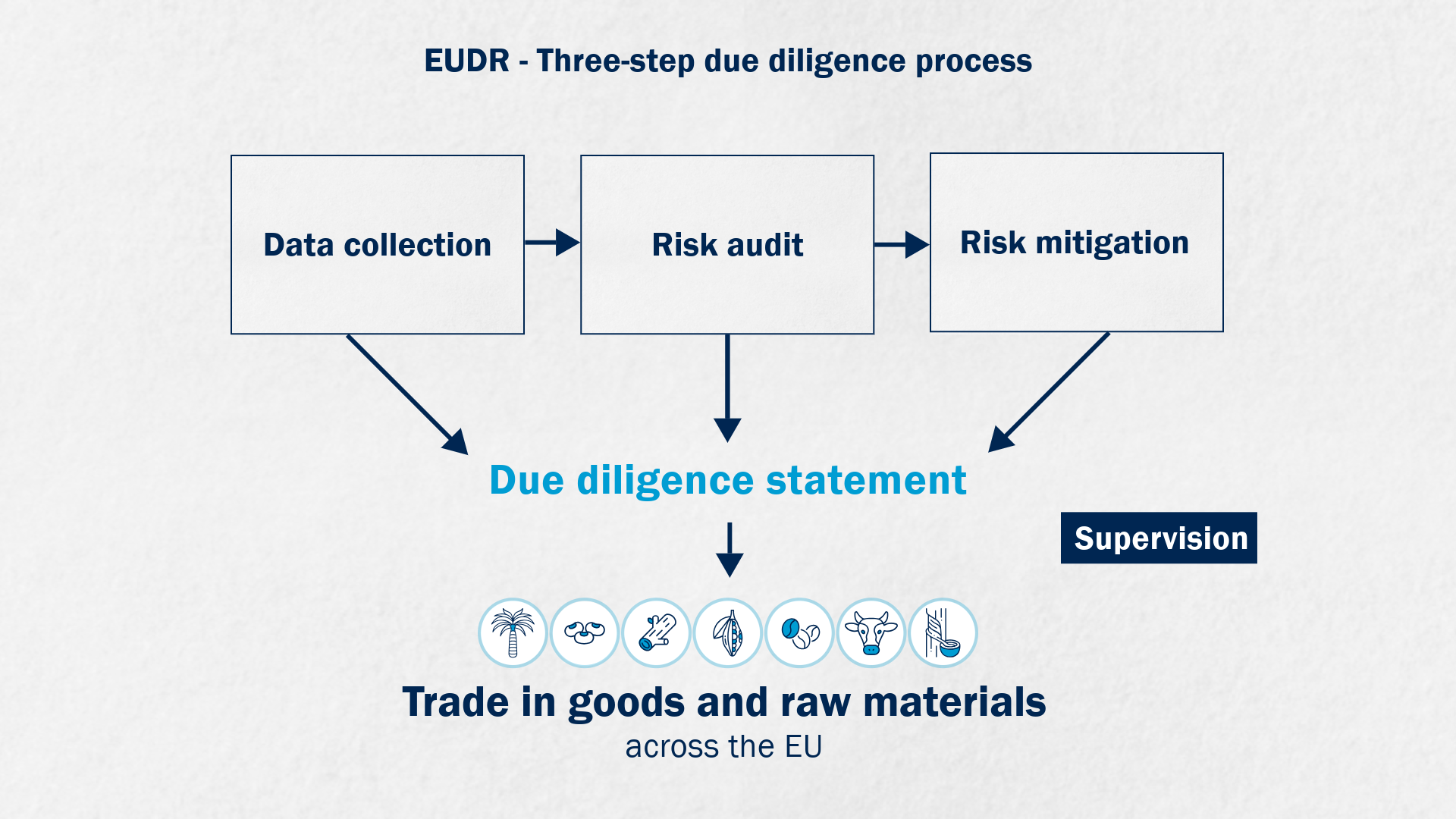
Monitoring, reporting, and controls
Large and medium-sized companies (not SMEs) must annually review, update, and publicly report their statement.
National authorities, such as the Federal Agency for Agriculture and Food (BLE) in Germany, will carry out checks. The rule is: Higher deforestation risk (based on the country benchmark) means a higher proportion of companies will be controlled. Violations may result in fines of up to 4% of annual EU turnover.
Timeline: The EUDR delay in focus
The EUDR was originally set to start on December 30, 2024, with an additional six months for small companies to implement. However, due to open questions, lack of implementation aids, and delays in country benchmarking, many sectors called for a delay, which was successful! In December, the EUDR was postponed.
Note: The European Parliament discussed whether to add a zero-risk category, but the delay comes without this adjustment.
The timeline overview:
- Entry into force: June 29, 2023
- Availability of the digital EU information system TRACES: December 2, 2024
- Decision on the 12-month delay by the EU Commission, Parliament, and Council: December 3, 2024
- Release of the country benchmark: Mid-2025
- Application start for medium to large companies: December 30, 2025
- Application start for small and micro enterprises: June 30, 2026
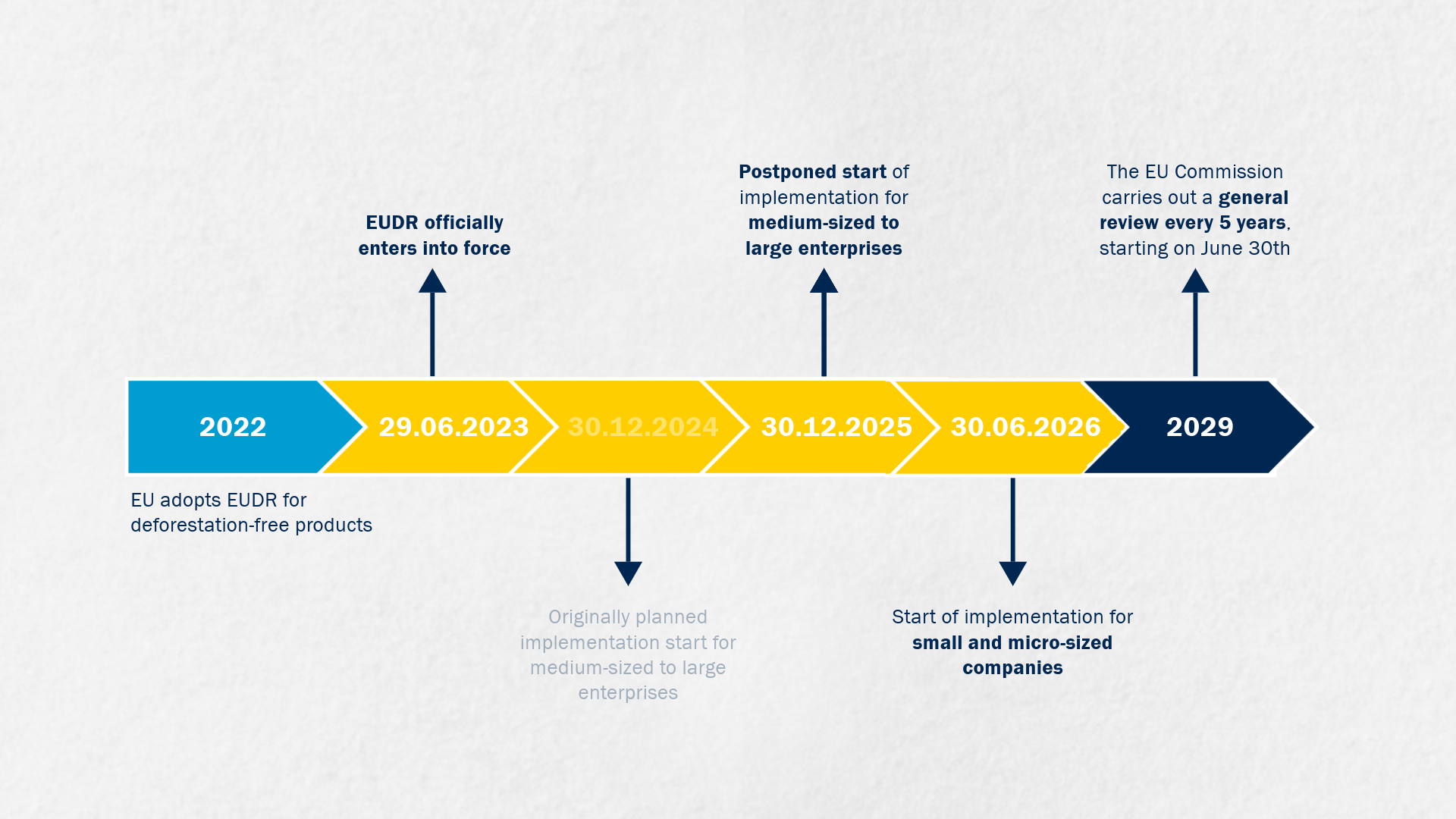
EUDR challenges and criticism
For many, it is only a brief relief. The EU Deforestation Regulation has faced criticism, despite the numerous critics and their comprehensive points. Chief among these was the upcoming due diligence and documentation requirements, seen as a bureaucratic burden. This was followed closely by uncertainties regarding the future rules and the economic impact on various sectors. At least the timing challenge was alleviated by the delay. An additional 12 months should bring clarity to the obligations.
What is certain is that the EUDR represents a significant step in combating global deforestation, but it requires significant adjustments from affected companies and authorities.

LIZENZERO.EU makes packaging compliance in Europe very easy.
Do you ship your products to different countries in the EU? Many different legal requirements and obligations can make the whole thing quite complicated – but don’t worry, we’ll do it for you. How do we do it? With our licensing service, we take over all obligations for you by power of attorney. Sounds good? We’ll be happy to advise you.
For shipping to Germany, you can easily fulfill your packaging obligations yourself via Lizenzero.de.
Deposit systems in the EU explained
Deposit systems show that simple solutions help to keep packaging in circulation and increase recycling rates. However, there are major differences within the EU: while countries such as Germany, Sweden and Finland have been using deposits for years and achieving high return rates, other Member States are still in the early stages.
Mandatory from 2026: The EU Authorised Representative for Packaging explained
Europe is an attractive but regulatory complex market. One of the more complex requirements is the appointment of an authorised representative (AR). The AR is the central interface between the manufacturer and the European market surveillance authorities. The authorised representative plays an important role in product safety and extended producer responsibility (EPR) and is therefore becoming increasingly important to ensure access to the market.
Authorised Representatives in Europe: Which ones are there and what do you need them for?
Europe is an attractive but regulatory complex market. One of the more complex requirements is the appointment of an authorised representative (AR). The AR is the central interface between the manufacturer and the European market surveillance authorities. The authorised representative plays an important role in product safety and extended producer responsibility (EPR) and is therefore becoming increasingly important to ensure access to the market.


